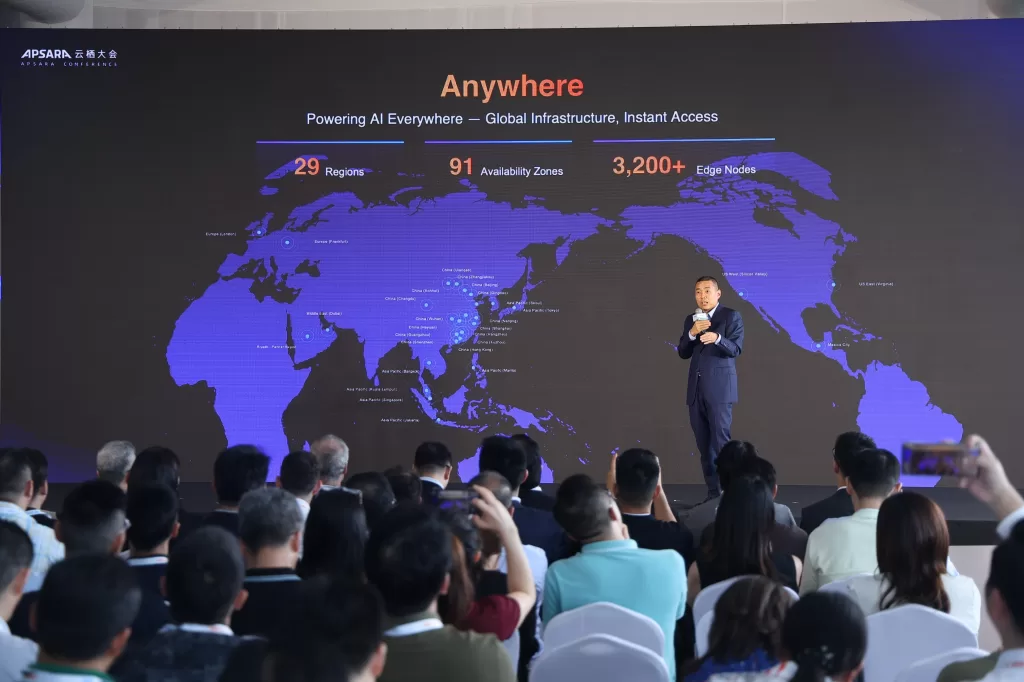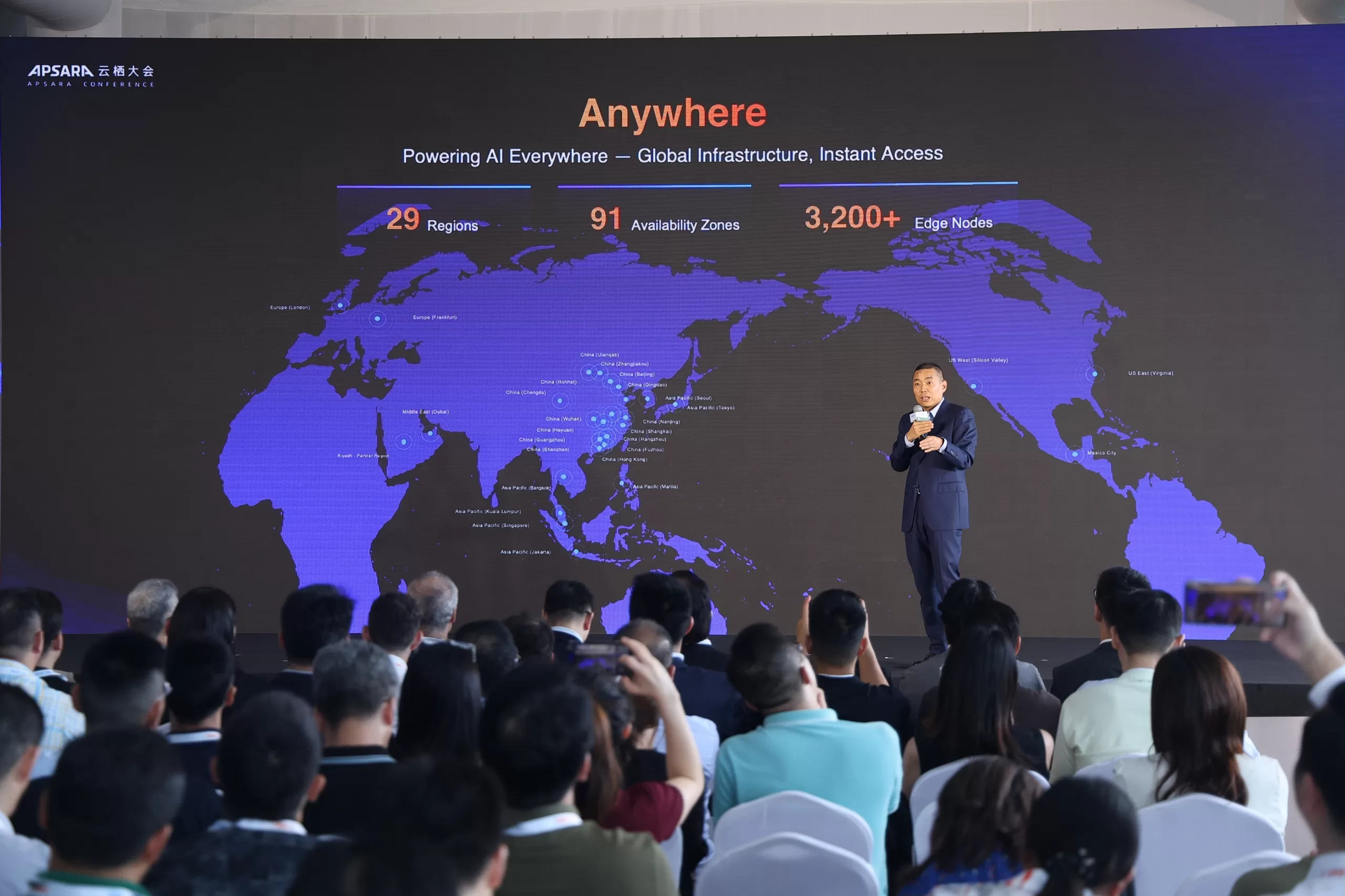Alibaba Cloud, the digital technology and intelligence backbone of Alibaba Group, has announced a significant strategic expansion of its international footprint. The move, unveiled at the company’s annual Apsara Conference 2025, is a clear signal of its intent to compete on a global scale. This is not just a geographic expansion; it’s a strategic effort to power the next generation of AI innovations by building out a more robust and accessible infrastructure for a rapidly growing market.
The company’s expansion plans are ambitious and far-reaching. Alibaba Cloud will launch its first data centers in Brazil, France, and the Netherlands, adding to its existing network of 91 availability zones in 29 regions worldwide. The expansion will continue with new data centers planned for Mexico, Japan, South Korea, Malaysia, and Dubai in the coming year. To support this growth, the company will also set up new regional service centers in Indonesia and Germany, providing customers with round-the-clock, multi-language support. This comprehensive approach to infrastructure and customer service is designed to cater to the accelerating demand from global enterprises for reliable cloud and AI services.

Beyond infrastructure, Alibaba Cloud is actively cultivating a vibrant technology ecosystem to support innovation. The company has launched the AI Catalyst Program, which provides global AI companies with support from industry experts, access to a suite of AI products and tools, and go-to-market resources. This includes up to 2 billion free tokens on Model Studio, Alibaba Cloud’s one-stop generative AI development platform, and up to $120,000 USD in cloud credits. Furthermore, Alibaba Cloud’s Platform for AI (PAI) has integrated the full suite of the NVIDIA Physical AI software stack, a milestone collaboration aimed at accelerating advancements in humanoid robotics and Physical AI solutions.
The value of Alibaba Cloud’s AI and cloud technologies is already being demonstrated through a number of key global partnerships. In the biopharmaceutical sector, AstraZeneca China has leveraged Alibaba Cloud’s Qwen Large Language Model (LLM) and Model Studio to build an adverse event reporting tool. This solution, trained on a vast number of medical publications, can identify key safety information from literature and craft summaries with an estimated 95% accuracy, improving process efficiency by 300% compared to human analysts.
Similarly, global beauty retailer Shiseido has deepened its partnership with Alibaba Cloud to strengthen its digital infrastructure and security in China. By using the Cloud Threat Detection and Response (CTDR) platform and Managed Detection and Response (MDR) service, Shiseido is able to intelligently analyze security alerts in real-time, reconstruct complex attack chains, and respond to cyber threats with unprecedented speed and accuracy.
In Japan, GladCube, a digital marketing services provider, is co-developing AI solutions that integrate Alibaba’s visual generation model, Wan, into its video transformation platform, “Dra Vis,” to enable rapid, high-quality video production. Additionally, FLUX, a Tokyo-based AI startup, has developed “FLUX-Japanese-Qwen,” a state-of-the-art Japanese LLM, using a unique “Pinpoint-tuning” methodology. This technique identifies and targets only the neural circuits responsible for Japanese language processing, dramatically improving comprehension while preserving the model’s original capabilities.
Alibaba Cloud’s strategic expansion of global infrastructure is designed to cater to the accelerating demand from forward-thinking customers. This move, combined with its full-stack AI and cloud solutions, positions Alibaba Cloud at the forefront of AI innovation. As a leading IaaS provider in the Asia Pacific region, this global expansion will undoubtedly intensify competition in the cloud and AI space, offering new opportunities for businesses worldwide to design, launch, and scale groundbreaking AI applications and agents.






